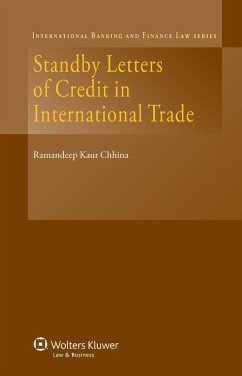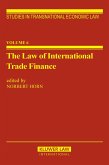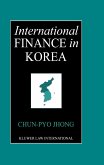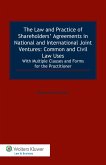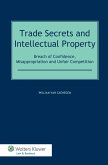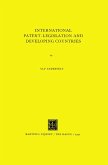The question of what constitutes 'fraud in the transaction' with respect to international letters of credit varies considerably among jurisdictions. In proving allegations of fraud, it is crucial for the practitioner to know the relevant jurisdiction's case law, especially if wider defences such as inducement, unconscionable conduct or bad faith must be invoked. In this book, the author argues that, whereas 'fraud in the documents' is generally sufficient in cases involving commercial letters of credit, standby letters of credit demand a wider fraud exception. The central issue how wide that fraud exception should be is what this book explores in depth.This author compares and critically examines the application of the fraud exception in four major trade jurisdictions the United States, England, Canada, and Australia. With an overall focus on how each jurisdiction s fraud tests treat the autonomy of standby letters of credit, she builds her arguments on such relevant sources and concepts as the following: when it can be shown that the beneficiary has no bona fide belief in the validity of its claim demand guarantees; international initiatives (ICC Rules and the UN Convention on Independent Guarantee and Standby Letters of Credit); the Sztejn Rule; parameters of the fraud in the transaction defence materiality standard; prerequisites for injunctive relief; arguing fraud in the formation of the contract ; performance bond cases; applying the breach of good faith defence; negative stipulation in the underlying contract; and equitable versus statutory/broader notion of unconscionability. The presentation includes detailed summaries and analyses of leading cases in all four jurisdictions.
Dieser Download kann aus rechtlichen Gründen nur mit Rechnungsadresse in A, B, BG, CY, CZ, D, DK, EW, E, FIN, F, GR, HR, H, IRL, I, LT, L, LR, M, NL, PL, P, R, S, SLO, SK ausgeliefert werden.

